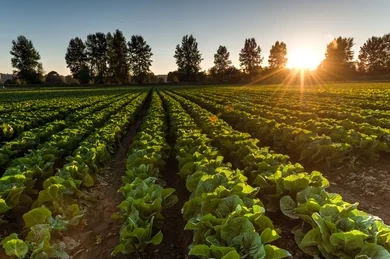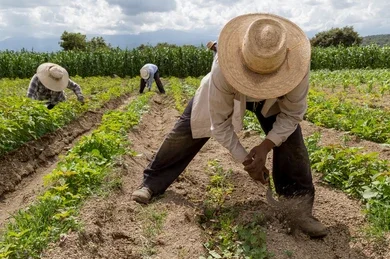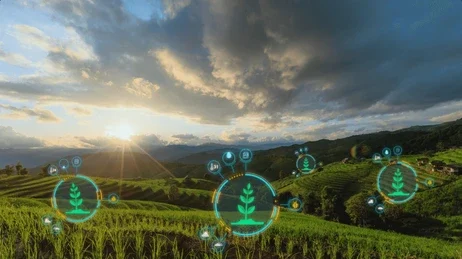
Small-scale farmers across Africa struggle with food insecurity and poor resource management. Limited access to data and technology impedes effective crop planning and water usage. Expanding digital tools and training is essential to boost yields and ensure food security.

Many U.S. farmers face challenges adopting sustainable agriculture practices, leading to inefficient resource use, increased costs, and reduced yields. Traditional farming methods often lack the necessary data to make informed decisions about crops, soil health, and water management, resulting in waste and diminished productivity.

In Mexico, reliance on synthetic fertilizers and pesticides degrades soil and undermines sustainable agriculture. These practices threaten long-term food security. Transitioning to eco-friendly farming methods is key to achieving zero hunger and environmental resilience.

Farmers worldwide suffer from low profitability and inefficiencies due to the absence of real-time insights on farm operations, markets, and climate. This results in waste and environmental harm. Advancing smart farming solutions can help drive efficiency and reduce hunger.

